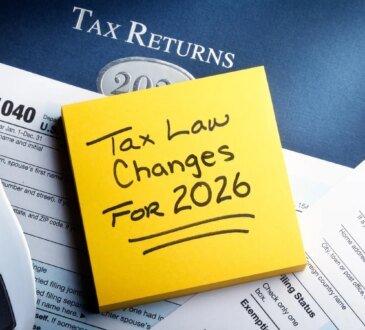This will probably be the last time you move and therefore you have to ensure you move to a retirement property where you get value for money.
When it is time to retire many people move to a smaller place that requires less maintenance in a safe area. And while retirement villages are springing up everywhere, they have a lot to choose from when you want to buy a retirement property.
Retirement estate living in South Africa is on the increase as retirees increasingly seek properties that offer security, a quality lifestyle and a solid return on investment, Barto van der Merwe, managing director of Renishaw Property Developments, says.
According to Lightstone Property, 44 000 properties owned by over-60s are in formal retirement villages. While these retirement estates are a good option, there are several factors to consider, he says.
“Retirement should be a time of enjoyment, ease and security. When making this investment, buyers must consider what is truly included: not just in the home itself, but the lifestyle, amenities and added value that comes with it.”
ALSO READ: How to navigate complex living, and avoid nightmares with the neighbours
When you buy a home, you must ask questions, and this is no different. Van der Merwe says you should consider these seven key factors before investing in a retirement property:
#1: What does the levy of the retirement property cover?
Start by understanding the monthly levy – not just the amount, but what it includes. An all-inclusive levy means that you are actually saving on monthly costs, making this a much more affordable long-term investment. Van der Merwe points out it also means that everyday maintenance items are covered, which means that you can relax during your retirement years.
He says all-inclusive levies can cover:
- 24-hour security;
- Fibre optic Wi-Fi;
- Building insurance;
- External home maintenance;
- Use of communal facilities;
- Services like garden refuse removal, postal collection and transport.
“Where levies are structured in this way, residents avoid the stress of unexpected costs and the need for additional monthly service fees. It is also important to inquire about special levies, although in newly built estates, these are highly unlikely.”
ALSO READ: Gap cover analysis shows massive erosion of medical scheme benefits
#2: Does the retirement estate offer home-based care?
Healthcare is critical in retirement living, but Van der Merwe says the modern trend is shifting away from traditional frail care centres toward home-based healthcare, as residents want to remain in the comfort of homes.
“This offers dignified, customised support while allowing residents to remain independent and comfortable in their own homes. Consider whether the retirement estate has easily accessible and quality healthcare, including preventative care and rehabilitation services designed to promote longevity and overall wellness.”
ALSO READ: Ageing gracefully: The benefits of exercise as you get older
#3: What are the opportunities for fitness?
Studies continue to show that physical fitness is one of the best ways for retirees to remain active and healthy. Van der Merwe says that retirement estates should include a variety of opportunities for fitness, ranging from gentle walks in nature to more active sports.
To keep fit, choose a retirement estate that offers:
- A swimming pool for low-impact exercise;
- Nature trails for walking or jogging;
- Nearby beaches that encourage movement and relaxation;
- Nearby golf courses for regular play;
- Sports facilities for active engagement.
ALSO READ: How to choose the right home security company
#4: What are the security features of the retirement property?
True peace of mind comes from knowing your environment is secure, Van der Merwe says. “Top retirement estates should offer comprehensive yet unobtrusive security.”
He says you must look out for these security features:
- Electrified perimeter fencing;
- 24-hour patrolling security;
- High-tech camera systems;
- Fast emergency response times;
- Integration with local law enforcement and community policing.
#5: What is the potential for value growth in the retirement property?
Your retirement property is often a last property investment and therefore Van der Merwe suggests looking at the potential growth in value of this investment.
“On an established retirement estate, investors can look at comparative properties to discover how much the property has increased in value over the years.”
#6: Where is the retirement property?
Location is everything when it comes to retirement living, with more and more retirees heading to the KZN coast for the subtropical climate and lifestyle.
Van der Merwe says when looking for a retirement property, you should look at how far it is from retail centres, healthcare facilities and local attractions.
ALSO READ: Friends and family buying property together becoming more popular in SA
#7: What is included in the sale?
“Investing in a retirement property means knowing what comes standard. Investors must look for quality-built homes with energy-efficient design and modern fittings that actually last. An often-overlooked factor is gardens – an established indigenous garden adds significant value to a home, considering the high cost of landscaping.”
He says with modern retirees being more connected than ever, fibre optic internet is a must. “Many retirees are working part-time, managing investments, connecting with family overseas and using streaming services, which makes reliable fibre optic internet essential.
“Ensure the estate has fast, uninterrupted connectivity to meet these increasingly internet-reliant needs.”




